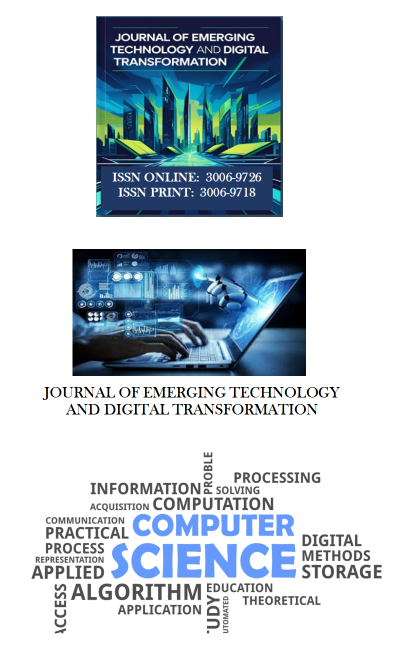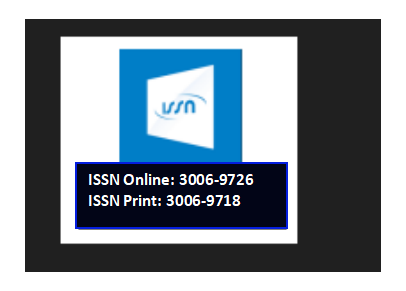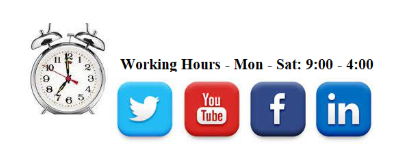
Publication Ethics
- Authorship and Originality
Authors must ensure that their submitted work is original and has not been published elsewhere. Proper credit must be given to all contributors who have significantly contributed to the research and the manuscript. All sources of data and literature used in the research must be appropriately cited.
- Plagiarism and Attribution
Authors should refrain from plagiarism in any form, including verbatim copying, paraphrasing, or using ideas without proper citation. Proper attribution to the original sources must be provided. Authors are responsible for ensuring the integrity of their work and must acknowledge the work of others appropriately.
- Conflicts of Interest
Authors must disclose any potential conflicts of interest that may influence the research or interpretation of results. Conflicts of interest may include financial interests, personal relationships, or institutional affiliations that could bias the work.
- Data Integrity and Transparency
Authors must ensure the accuracy and integrity of the data presented in their manuscript. Raw data should be made available upon request to allow for verification of results. Any manipulations or alterations of data must be clearly disclosed.
- Ethical Treatment of Subjects
Research involving human subjects or animals must adhere to ethical guidelines and obtain necessary approvals from institutional review boards or ethics committees. Authors must obtain informed consent from human participants and ensure their privacy and confidentiality are protected.
- Review and Publication Process
Editors and reviewers must evaluate manuscripts objectively, without bias based on factors such as race, gender, ethnicity, religion, or nationality. Reviewers should provide constructive feedback to help authors improve their work. Editors should make decisions based on the scientific merit of the manuscript and its relevance to the journal's scope.
- Corrections and Retractions
Authors should promptly notify the journal if they discover errors or inaccuracies in their published work and cooperate with the editorial team to issue corrections or retractions if necessary. Corrections or retractions should be issued transparently and prominently to ensure the integrity of the scholarly record.
- Editorial Independence
Editors should make decisions independently of any external influence, including pressure from authors, reviewers, or sponsors. Editorial decisions should be guided solely by the scientific validity and significance of the work.
- Compliance with Guidelines
Authors, editors, and reviewers should adhere to relevant ethical guidelines and standards, such as those outlined by the Committee on Publication Ethics (COPE) and the International Committee of Medical Journal Editors (ICMJE).










